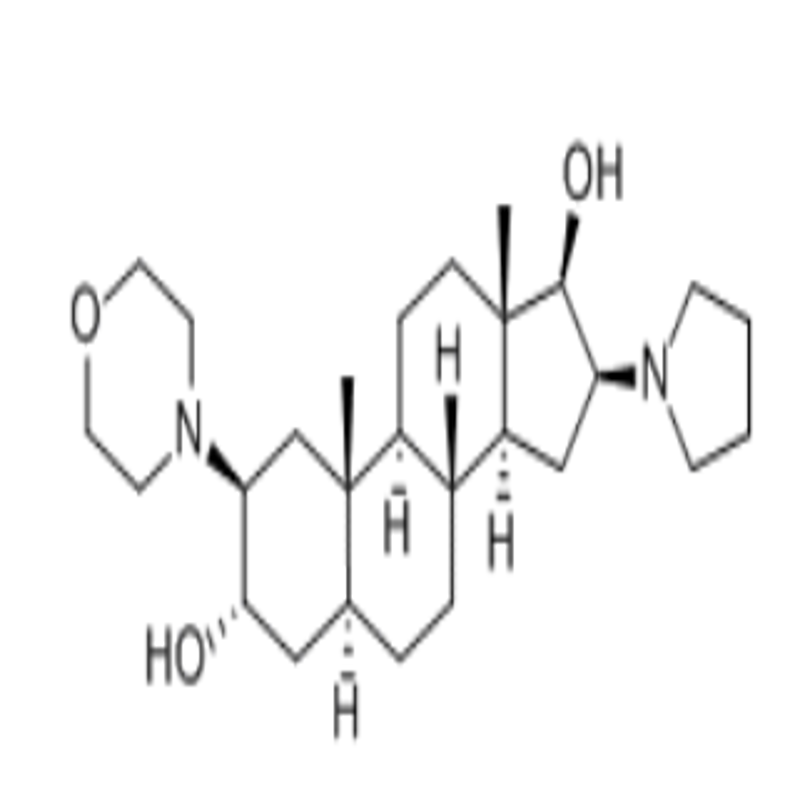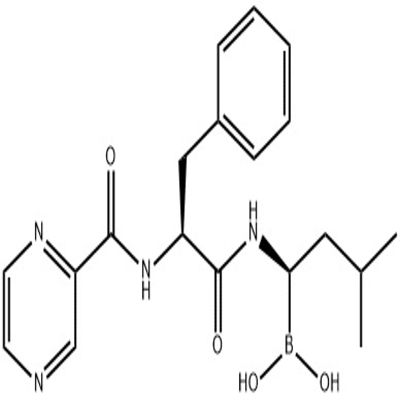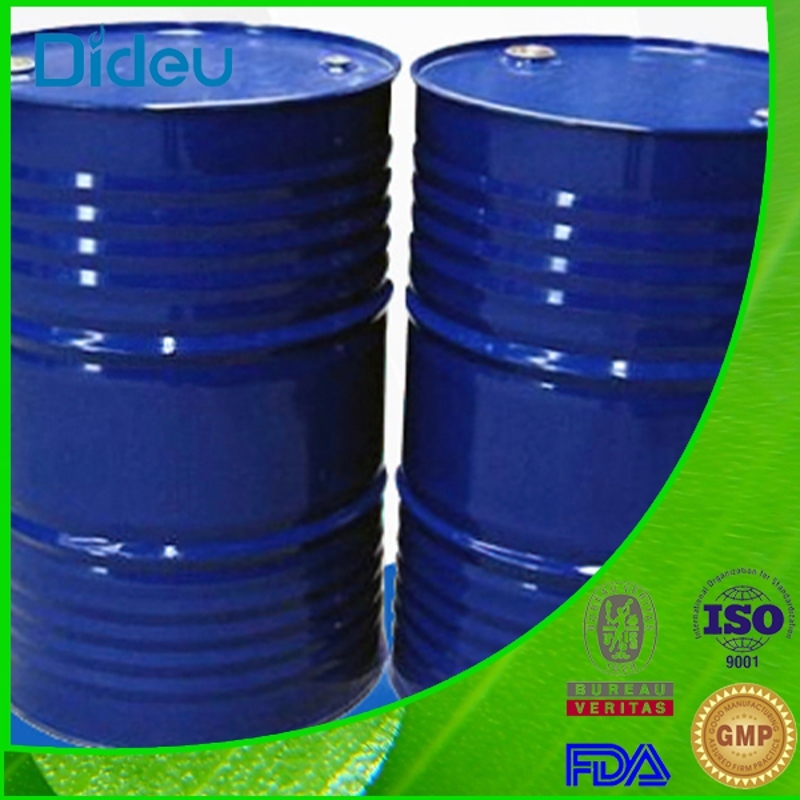-
Categories
-
Pharmaceutical Intermediates
-
Active Pharmaceutical Ingredients
-
Food Additives
- Industrial Coatings
- Agrochemicals
- Dyes and Pigments
- Surfactant
- Flavors and Fragrances
- Chemical Reagents
- Catalyst and Auxiliary
- Natural Products
- Inorganic Chemistry
-
Organic Chemistry
-
Biochemical Engineering
- Analytical Chemistry
-
Cosmetic Ingredient
- Water Treatment Chemical
-
Pharmaceutical Intermediates
Promotion
ECHEMI Mall
Wholesale
Weekly Price
Exhibition
News
-
Trade Service
On the 23rd, the FDA convened the Vaccines and Related Biologics Advisory Committee (VRBPAC) for the first meeting related to the development and approval of new crown vaccine candidates.
the meeting did not discuss any of the new crown vaccines, outside experts at the nearly nine-hour meeting discussed several topics with scientists from the FDA and CDC.
key issue is the possible impact of the granting of a new crown candidate vaccine, EUA, on subsequent vaccine development.
, a candidate vaccine requires complete clinical development to be approved by the FDA, and a Biological Product Licensing Application (BLA) is submitted to the FDA for approval after review.
But in an emergency of the COVID-19 pandemic, the FDA can choose to issue EUA for candidate vaccines based on interim data, which is not the same as conventional approval, but allows candidate vaccines to be used more quickly by the public.
in the FDA's recently released guidelines for the authorization of emergency use of COVID-19 vaccines, it is clear that it is hoped that vaccine development companies will continue to collect efficacy and safety data in blind conditions after obtaining EUA approval.
However, some vaccine development companies say it is ethically their responsibility to tell placebo-infested clinical trial subjects, after obtaining EUA approval, that they are not vaccinated against candidates, giving them a chance to get the EUA vaccine.
this means that Phase 3 clinical trials will be revealed ahead of time.
VRBPAC meeting, experts said premature blinding after obtaining EUA could have a significant impact on the collection of data on the safety and effectiveness of candidate vaccines and even prevent candidate vaccines from collecting enough data to obtain full FDA approval.
This is due to the fact that the main endpoint of the current Phase 3 clinical trials is to test the effectiveness of candidate vaccines against symptomatic COVID-19 diseases, however, these clinical trials are simultaneously testing several secondary endpoints associated with other candidate vaccines, such as whether candidate vaccines can prevent the occurrence of severe COVID-19 diseases, how well the vaccine is protected in specific high-risk populations, how long the vaccine can be protected, and so on.
data take longer to obtain, and large clinical trials with placebo control groups are the best way to get them.
, the placebo-inoculated control group then lost its role as a control, making it harder for researchers to compare the data collected.
"We may be able to collect only limited, if not any, information at some secondary end points," said Dr. Stephane Schrag, an epidemiologist at the CDC in the U.S., "especially in the case of premature approval of the EUA."
" and because the new coronavirus is an emerging virus, we do not yet fully understand its characteristics.
of the fastest-growing vaccine candidates in clinical development, moderna's mRNA-1273 and BNT162b2, developed jointly by Pfizer/BioNTech, both use mRNA technology platforms.
the technology platform has yet to produce any approved vaccines, and some experts at VRBPAC say it may take longer to secure vaccines based on new technology platforms.
Undeniably, however, the new crown vaccine is one of the key tools for controlling the COVID-19 pandemic, and delaying the issuance of THEA in order to accumulate more efficacy and safety data could result in more people being infected with the new coronavirus and thus losing their lives.
that while VRBPAC experts don't need to vote on any decisions at this meeting, they have reached some consensus in the discussions.
based on medium-term efficacy data and the FDA's required mid-term safety data, VRBPAC experts may consider recommending EUA for the candidate new crown vaccine.
, however, experts need to confirm that Phase 3 clinical trials will continue, collecting longer-term safety and efficacy data to ensure that the vaccine's protective effects do not disappear quickly, or that new safety issues do not arise.
, VRBPAC experts do not recommend clinical trials to be unmasked early after a candidate vaccine has been approved for EUA.
references: s.1. CDC's distribution roadmap, safety monitoring other plans plus takeaways from FDA's big COVID-19 vaccine meeting. Retrieved October 23, 2020, from 4 takeaways from FDA's Covid-19 vaccine meeting. Retrieved October 23, 2020, from FDA shows signs of cold feet over emergency authorization of Covid-19 vaccines. Retrieved October 23, 2020, from FDA advisory committee rejects COVID-19 unblinding. Retrieved October 23, 2020, from the public number of WeChat.







